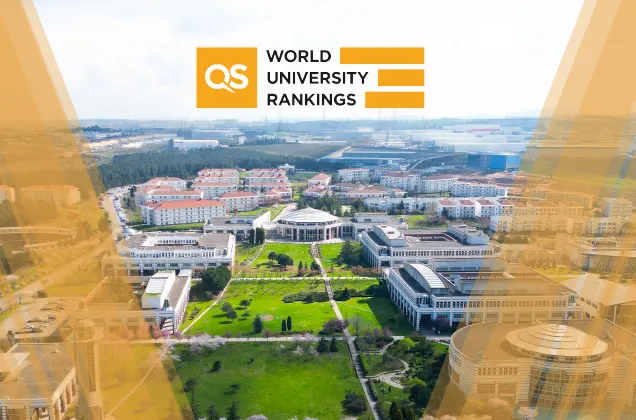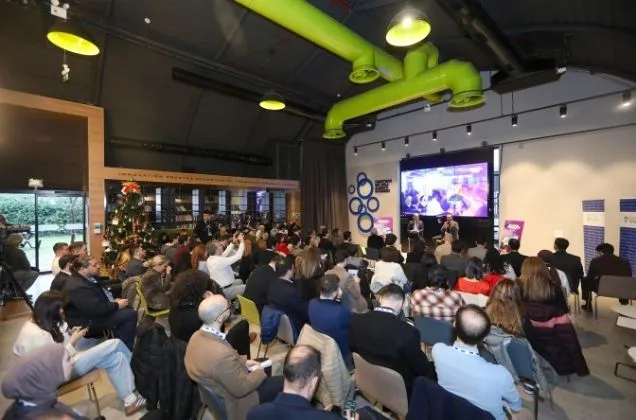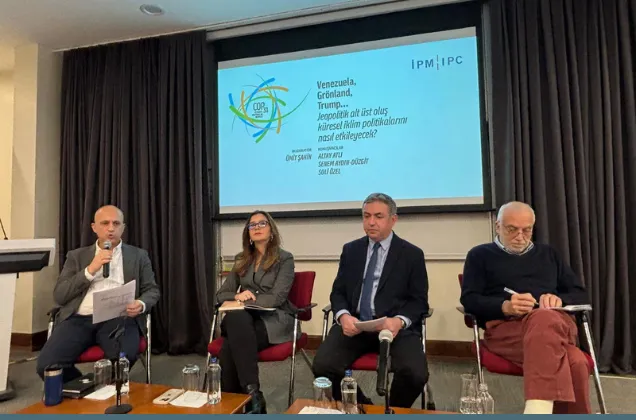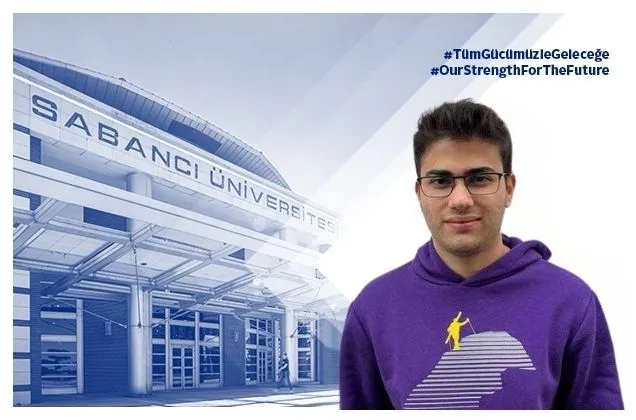29/07/2020
To celebrate the 20th year of our university, we have prepared a set of four questions to ask faculty and administrative personnel who have been with us since the beginning, and to our first students. They all tell "the story of 20 years" from their own perspectives.
Going in alphabetical order, this week's interviewee for "The Story of 20 Years" is Arzu Wasti.
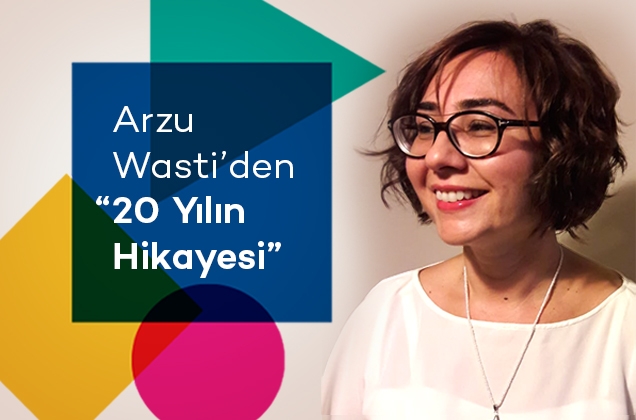
Arzu Wasti has been a member of Sabancı University since September 1, 1999. She has been a Sabancı University School of Management faculty member for 22 years. Arzu Wasti’s answers to our four questions are below.
What was your initial memory / impression of when you met Sabancı University for the first time?
A.W: I first met Sabancı University's Karaköy building. Having been born and raised in Ankara, and studied in a relatively rural setting in the US, working in a historical building that overlooked the Galata Bridge was quite surreal. That was when I felt I was living in the Istanbul of songs and poetry. Since my parents were the first students, and then lecturers, of METU, I knew a lot of people from their circles: The late Tosun Terzioğlu and Hilmi Çelik, Alev Topuzoğlu, Albert Erkip, Muhittin Oral, Cemil Arıkan, Zerrin Koyunsağan - they were all METU alumni. It was a familiar, friendly environment.
We had a host of meetings in the beginning as everything was being set up anew. It was exhilarating, especially for a young faculty member, to touch all systems and shape them to varying degrees. The university was never a hierarchical organization, and I think it stayed that way. I also remember the first opening ceremony. The campus was under construction and it rained, so the property was a mudfield in contrast to the brilliant scholarship students we had there! Also, I remember a parent saying "Is she a professor? She's so young!" when they saw me - I still don't know if that was disappointment or admiration.
What are the differences between yourself 20 years ago and yourself today, and how did Sabancı University contribute to that change?
A.W: I went through physical changes which should surprise no one, and I completed the requisite academic stages to become an associate, then a full professor. Back then, the President would call with the good news. From what Nihat Berker told me, my dean at the time, Nakiye Boyacıgiller, was so moved by a letter of recommendation written for me that her eyes welled up during the meeting. "The criteria for professorship now includes making the dean cry with joy" he added jokingly. And I must add that the human emotion and love Nakiye Hanım poured into her administration has a special place in the memories of 20 years.
Most importantly, thanks to Sabancı University, I never regretted returning to Turkey after my PhD in the US. The approach may have varied over the years, but Sabancı was always true to its mission of being a research university. Our doctorate program was always a leader among its peers in Turkey. We have had great support units, like the Information Center and Research and Graduate Policy Directorate (RGP) since the first day. Also in my experience, functions like IT and HR were of tremendous help, and everything flowed in a non-hierarchical, flexible structure.
What comes into your mind when you think of Sabancı University in 20 years? What are your dreams for Sabancı University for the next 20 years? What about yourself?
A.W: In 20 years, I dream of having a subway station in the university and no factories, or at least fewer, surrounding it. It is really difficult to dream of anything else during COVID-19. I hope the campus becomes a place that we would love to escape to at the weekends. I dream of a warmth, attraction and comfort that entices us to stay after work is over. As for myself, I hope to be strong enough to attend my Emeritus Professorship ceremony, and able to hear and understand the nice things said about me!
Where and how would you be now if your paths hadn't crossed with Sabancı University?
A.W: If our paths hadn't crossed, I would again be in Turkey, teaching at another institution aiming to become a research university.

